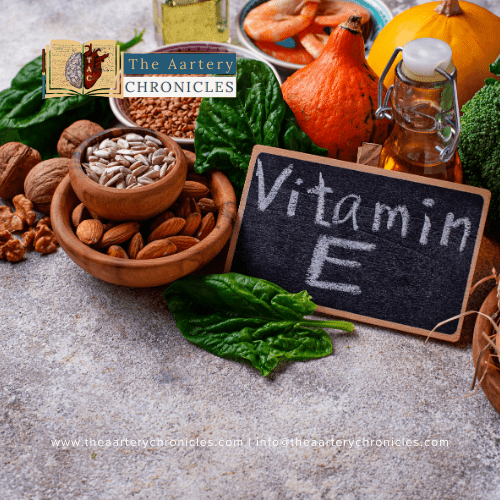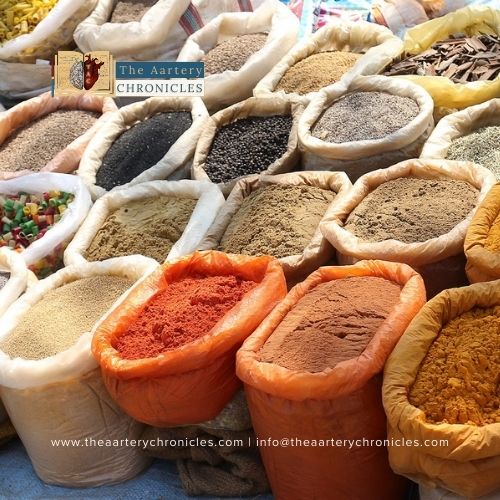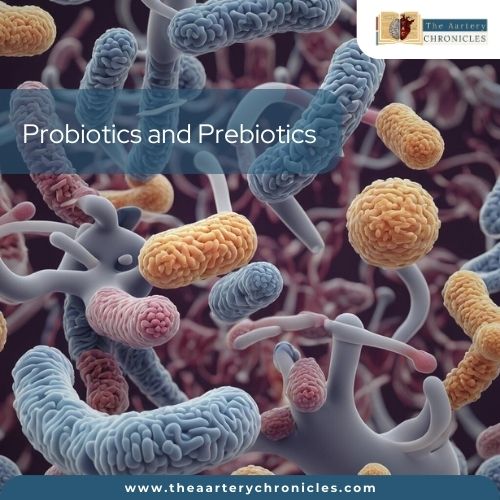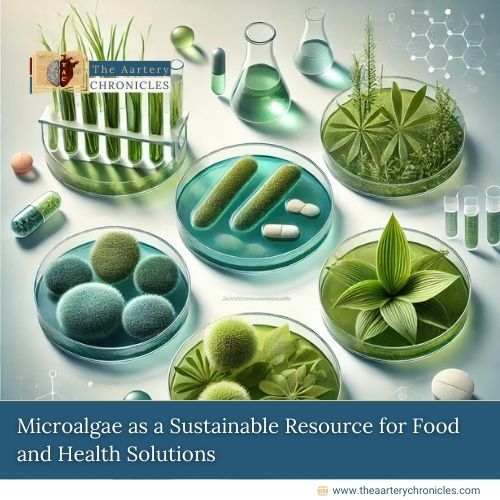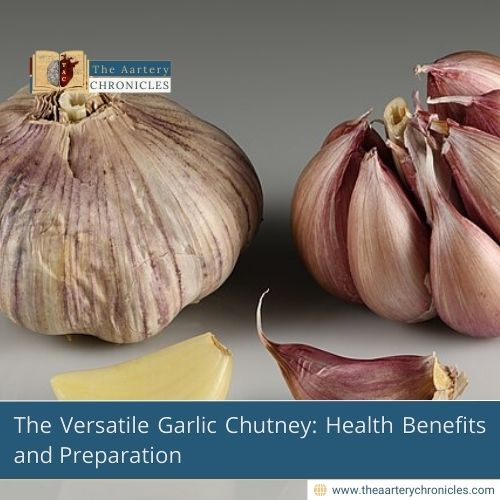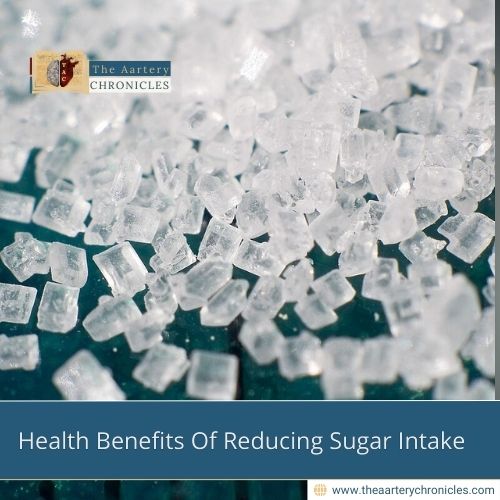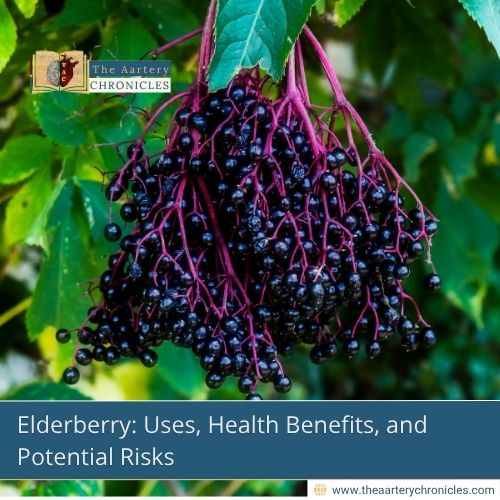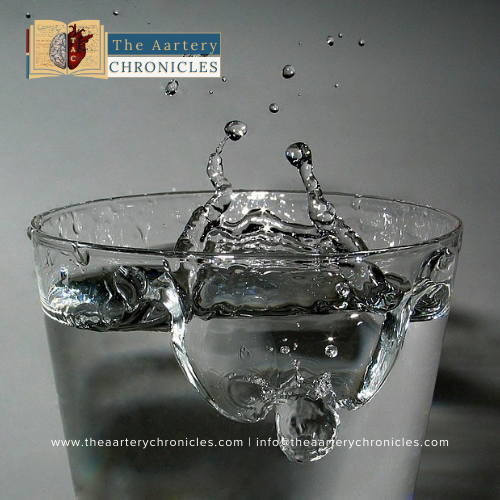

The Power of Hydration: Benefits, Guidelines, and Foods for Optimal Health |
The Power of Hydration: Benefits, Guidelines, and Foods for Optimal Health
Hydration is the often underestimated cornerstone of our well-being, silently working behind the scenes to keep our bodies functioning at their best. This fundamental process involves more than just quenching our thirst; it’s about maintaining a delicate balance of fluids to support cellular functions, circulation, joint health, mental clarity, and so much more. This comprehensive guide delves into the critical importance of proper hydration from a medical perspective, exploring how it impacts every facet of our health. We’ll also provide valuable insights into when and how to increase your water intake and a selection of hydrating foods to keep you at your peak. Join us on this journey to unlock the secrets of optimal hydration for a healthier, more vibrant life.
Importance of Hydration from a Medical Perspective:
Cellular Function: Cells require water to perform essential biochemical reactions. Hydration ensures that cells can carry out metabolic processes efficiently.
Electrolyte Balance: Adequate hydration helps maintain the balance of electrolytes (such as sodium, potassium, and chloride) in the body, which is crucial for nerve function, muscle contractions, and fluid distribution.
Blood Circulation: Sufficient fluid levels in the bloodstream promote proper circulation, ensuring Oxygen And Nutrients Are Delivered To Cells And Waste Products are removed effectively.
Kidney Function: Hydration supports kidney function by aiding in the filtration of waste products and excess substances from the blood, which are then excreted as urine.
Blood Pressure Regulation: Proper hydration helps maintain stable blood pressure levels. Dehydration can lead to a decrease in blood volume, potentially causing low blood pressure.
Thermoregulation: Water plays a vital role in regulating body temperature. Sweating, a cooling mechanism, requires water To Dissipate Heat From The Body Effectively.
Digestion and Nutrient Absorption: Water is essential for digestion and the absorption of nutrients. It helps break down food and aids in the transport of nutrients from the digestive system to the rest of the body.
Joint Lubrication: Hydration is essential for maintaining the lubrication of joints. Proper fluid balance ensures that joints can move smoothly and without discomfort.
Skin Health: Drinking enough water can improve skin health and appearance. Hydrated skin is more elastic and less prone to dryness, helping to prevent conditions like eczema and promoting a healthy complexion.
Cognitive Function: Dehydration can negatively impact cognitive function, including concentration, alertness, and short-term memory. Staying hydrated can help maintain mental clarity and focus.
Exercise Performance: Hydration is crucial for athletes and active individuals. Proper fluid balance supports endurance, strength, and overall exercise performance. Dehydration can lead to fatigue and decreased exercise capacity.
Preventing Medical Complications: Chronic dehydration can contribute to various medical issues, such as kidney stones, urinary tract infections, and constipation.
Heart Health: Good hydration supports cardiovascular health by maintaining proper blood volume and circulation. Dehydration can strain the heart and increase the risk of cardiovascular problems.
Preventing Heat-Related Illnesses: Adequate hydration is essential to prevent heat-related illnesses like heat exhaustion and heatstroke, which can have serious consequences.
Prevention of Dehydration-related Illnesses: Inadequate hydration can lead to conditions like urinary tract infections, kidney stones, and constipation. It also increases the risk of heat-related illnesses during hot weather or intense physical activity.
In certain situations, you may need to increase your water intake:
Hot Weather, Exercise, physical exertion: When it’s hot outside or engaging in physical activity, you’ll likely sweat more, increasing your fluid loss. Be sure to drink extra water to compensate.
Illness or Fever: Fever, vomiting, diarrhoea, or other illnesses can lead to increased fluid loss. Drinking more fluids helps prevent dehydration.
Pregnancy or Breastfeeding: Pregnant or breastfeeding individuals may need more fluids to support their needs and the needs of their developing baby or infant.
Medical Conditions: Some health conditions, such as kidney stones or urinary tract infections, may require increased fluid intake. Consult your healthcare provider for personalized recommendations.
Note that while water is an important source of hydration, other beverages and foods also contribute to your overall fluid intake. Fruits, vegetables, soups, and beverages like herbal teas and milk all contain water.
Including These Foods With High Water Content In Your Diet Can Contribute To Your Overall Hydration:

Cucumber
Cucumbers Are Composed Of About 95% Water And Can Be A Refreshing Addition To Salads And Sandwiches.

Cucumber
Cucumbers Are Composed Of About 95% Water And Can Be A Refreshing Addition To Salads And Sandwiches.

Watermelon
As the name suggests, watermelon has a high water content of around 92%, making it a delicious and hydrating snack.

Watermelon
As the name suggests, watermelon has a high water content of around 92%, making it a delicious and hydrating snack.

Strawberries
These berries contain about 91% water and are also rich in antioxidants and vitamins.

Strawberries
These berries contain about 91% water and are also rich in antioxidants and vitamins.

Lettuce
Leafy greens like lettuce have a water content of approximately 95%, making them an excellent base for salads.

Lettuce
Leafy greens like lettuce have a water content of approximately 95%, making them an excellent base for salads.

Bell Peppers
Bell peppers consist of about 92% water and are a colourful addition to meals.

Bell Peppers
Bell peppers consist of about 92% water and are a colourful addition to meals.

Zucchini
Zucchini is made up of about 95% water and can be used in various dishes, from stir-fries to zoodles (zucchini noodles).

Zucchini
Zucchini is made up of about 95% water and can be used in various dishes, from stir-fries to zoodles (zucchini noodles).

Cantaloupe
This melon contains around 89% water and is packed with vitamins and minerals.

Cantaloupe
This melon contains around 89% water and is packed with vitamins and minerals.

Oranges
Oranges are not only a source of vitamin C but also contain about 86% water.

Oranges
Oranges are not only a source of vitamin C but also contain about 86% water.

Grapes
Grapes have a water content of roughly 81%, making them a hydrating and portable snack.

Grapes
Grapes have a water content of roughly 81%, making them a hydrating and portable snack.

Celery
Celery is composed of about 95% water and can be enjoyed with dips or added to soups.

Celery
Celery is composed of about 95% water and can be enjoyed with dips or added to soups.

Cauliflower
Cauliflower contains around 92% water and is a versatile vegetable that can be used in various dishes.

Cauliflower
Cauliflower contains around 92% water and is a versatile vegetable that can be used in various dishes.

Radish
Radishes have a high water content of approximately 95% and can add crunch and colour to salads.

Radish
Radishes have a high water content of approximately 95% and can add crunch and colour to salads.

Tomatoes
Tomatoes contain about 94% water and are a vital ingredient in many dishes.

Tomatoes
Tomatoes contain about 94% water and are a vital ingredient in many dishes.

Pineapples
Pineapple has a water content of around 86% and offers a sweet and tropical flavour.

Pineapples
Pineapple has a water content of around 86% and offers a sweet and tropical flavour.

Coconuts
This natural drink is rich in electrolytes and hydrating minerals.

Coconuts
This natural drink is rich in electrolytes and hydrating minerals.
Remember that while these foods can contribute to your overall hydration, they shouldn’t replace your regular water intake. Incorporating a variety of water-rich foods into your diet, along with drinking water, can help you stay properly hydrated.
Picture this: You’re savouring that morning cup of coffee or maybe unwinding with a glass of wine in the evening. What you may not realize is that both caffeine in coffee and alcohol are diuretics, which means they can lead to an increase in urine production. But why is this important, you ask?
Well, dehydration is the key player here. When you consume these diuretics, your body ends up losing more water than usual. This can result in not-so-pleasant side effects like headaches, fatigue, and, for those who enjoy the occasional cocktail, a worse hangover. Now, here’s the kicker: By simply reaching for that trusty glass of water, you can combat these effects and keep yourself feeling on top of your game. Hydration is the hero who swoops into the rescue!
So, the next time you indulge in your favourite caffeinated brew or raise a glass of wine, make it a habit to hydrate alongside. Your body will thank you, and you’ll be ready to take on the day (or night) feeling your absolute best!

Author: Dr Areez N Khoja

